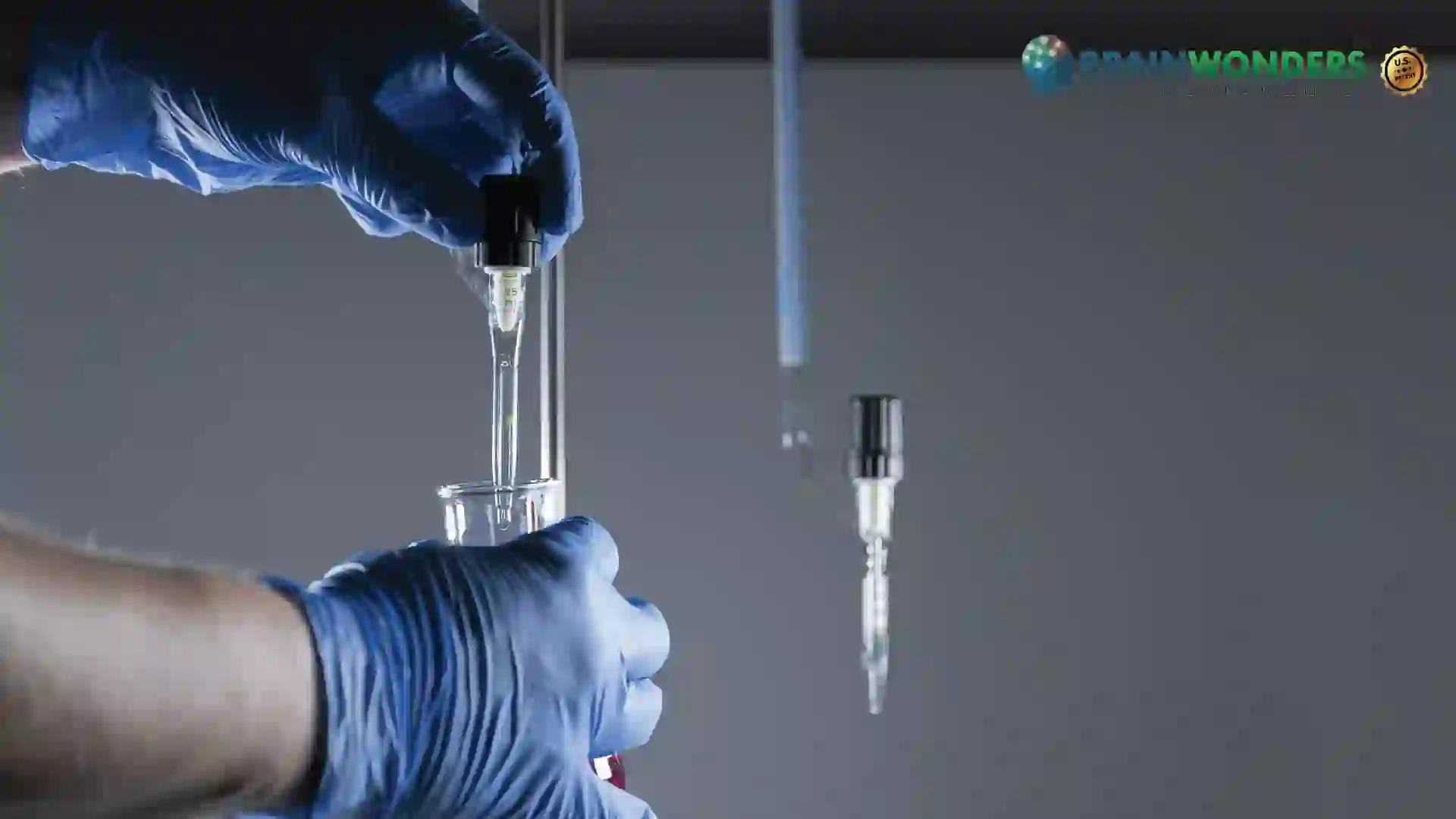How to become an Embalmer
Overview, Courses, Exam, Colleges, Pathways, Salary
Overview
Who is Embalmer ?
An embalmer is a trained professional specialising in preparing and preserving deceased bodies. Their primary role is to ensure the respectful and hygienic presentation of the deceased for funerals, viewings, and burials. Embalmers work in funeral homes, mortuaries, or hospitals.
The responsibilities of an embalmer include sanitising and disinfecting the body, embalming and preserving the body using chemicals, dressing and cosseting the deceased to create a natural appearance, and preparing the body for burial or cremation. They may also reconstruct damaged or disfigured bodies, perform restorative procedures, and assist with the arrangement of funeral services.
Embalming requires technical skills, knowledge of anatomy and physiology, and an understanding of the legal and cultural requirements surrounding death and funeral practices. Embalmers must also possess empathy, sensitivity, and strong communication skills to interact with grieving families and provide support during difficult times.
Typical day at work
What does Embalmer do?
- Sanitization and disinfection: Embalmers ensure the body is appropriately cleaned and sanitized to maintain hygiene standards.
- Embalming and preservation: They use chemicals and techniques to embalm and preserve the body, slowing down the decomposition process and maintaining its appearance.
- Restoration: Embalmers may reconstruct and restore damaged or disfigured bodies, employing techniques such as waxing, suturing, and cosmetic application.
- Cosmetizing and dressing: They dress the deceased inappropriate clothing and apply cosmetics to create a natural and dignified appearance.
- Body preparation: Embalmers suitably position the body for funeral services or viewings, ensuring a respectful and presentable presentation.
- Documentation: They maintain detailed records of the embalming process, including the chemicals used and any restorative work performed.
- Communication with families: Embalmers interact with grieving families, providing support, guidance, and compassion during the funeral arrangement process.
- Funeral service assistance: They may coordinate funeral services, ensuring the body is prepared for burial or cremation according to the family's wishes.
Abilities and Aptitude needed
What are the skills, abilities & aptitude needed to become Embalmer?
- Technical skills: Embalmers need to have a strong understanding of embalming techniques, knowledge of anatomy, and proficiency in using embalming equipment and tools.
- Attention to detail: Embalming requires meticulous attention to detail to ensure the proper preservation and presentation of the deceased. A keen eye for precision is essential.
- Strong communication skills: Embalmers must effectively communicate with grieving families, demonstrating empathy, compassion, and sensitivity during difficult times.
- Problem-solving abilities: Embalmers may encounter challenges during embalming or when dealing with specific cases. The ability to think critically and find solutions is valuable.
- Physical stamina: Embalming can be physically demanding, requiring the embalmer to be on their feet for long periods and lift or move bodies. Good physical stamina is necessary to handle the physical demands of the job.
- Emotional resilience: Dealing with death and grieving families can be emotionally challenging. Embalmers need to have emotional resilience and the ability to cope with the emotional aspects of the profession.
- Cultural sensitivity: Embalmers work with individuals from various cultural backgrounds and should understand and respect diverse funeral customs and traditions.
- Discretion and confidentiality: Embalmers handle sensitive and private information regarding the deceased and their families. Discretion and maintaining confidentiality are critical aspects of the profession.
- Compliance with regulations: Embalmers must adhere to legal and regulatory requirements related to embalming practices, health and safety standards, and handling of human remains.
- Continuous learning: The field of embalming is continually evolving, with advancements in techniques, products, and regulations. Embalmers should be committed to ongoing learning and staying updated with industry developments.
Developing and honing these skills, abilities, and aptitudes through education, training, and practical experience can contribute to a successful career as an embalmer.
Pathways
How to become an Embalmer?
Entrance Exam
Entrance Exam for Embalmer ?
Courses
Which course I can pursue?
Best Colleges
Which are the best colleges to attend to become an Embalmer?
Industries
Which Industries are open for Embalmer?
- Funeral Homes: Embalmers are commonly employed by funeral homes, where they play a crucial role in preparing and preserving the deceased for funeral services and viewings.
- Crematoriums: Some crematoriums employ embalmers to prepare bodies for cremation, ensuring that the deceased are respectfully handled and prepared.
- Mortuary Services: Embalmers may work in mortuaries that provide mortuary services independently or in collaboration with funeral homes, hospitals, or medical institutions.
- Hospitals and Medical Institutions: Embalmers may find employment in hospitals and medical institutions with mortuary facilities, assisting with preparing deceased bodies and providing mortuary care.
- Forensic Services: In forensic settings, embalmers may be employed to prepare bodies for autopsies, assist with post-mortem examinations, and ensure the preservation of forensic evidence.
- Military and Government Agencies: Military organisations and government agencies may hire embalmers to prepare and preserve deceased service members or individuals of public significance.
- Educational Institutions: Embalmers may work in institutions offering mortuary science programs, providing instruction and practical training to aspiring embalmers.
- Non-profit Organisations: Non-profit organisations involved in disaster response or humanitarian efforts may employ embalmers to provide mortuary services during emergencies or natural disasters.
internship
Are there internships available for Embalmer?
Internships are available for individuals interested in becoming embalmers. Embalming internships provide valuable hands-on experience and practical training in the field of mortuary science. These internships are typically offered by funeral homes, mortuaries, and medical institutions with mortuary facilities.
During embalming internships, individuals work closely with experienced embalmers and funeral directors, learning the necessary techniques and procedures involved in embalming and mortuary care. They assist with body preparation, embalming procedures, cosmetic application, and other aspects of the funeral service process.
Embalming internships can vary in duration, ranging from a few weeks to several months, depending on the specific program or institution. Some internships may be paid, while others may offer stipends or educational credits.
To find embalming internships, individuals can reach out to local funeral homes, mortuaries, or medical institutions with mortuary services. It's advisable to inquire about internship opportunities, requirements, application procedures, and any eligibility criteria directly with the relevant organisations.
Participating in an embalming internship can provide invaluable practical experience, mentorship, and exposure to the responsibilities and challenges of the profession. It can be a stepping stone towards a successful career as an embalmer.
Career outlook
What does the future look like for Embalmer?
The future for embalmers is likely to see stable demand for their services. As the population grows, the need for funeral services and mortuary care will persist. While cultural practices and preferences may evolve, the role of embalmers in respectfully preparing and preserving the deceased will remain significant. Additionally, advancements in embalming techniques, such as eco-friendly alternatives, may emerge in response to increasing environmental concerns. Embalmers must stay updated with industry developments and continuously enhance their skills to adapt to changing trends. By providing compassionate care and expertise, embalmers will continue to play a vital role in supporting grieving families during difficult times.




